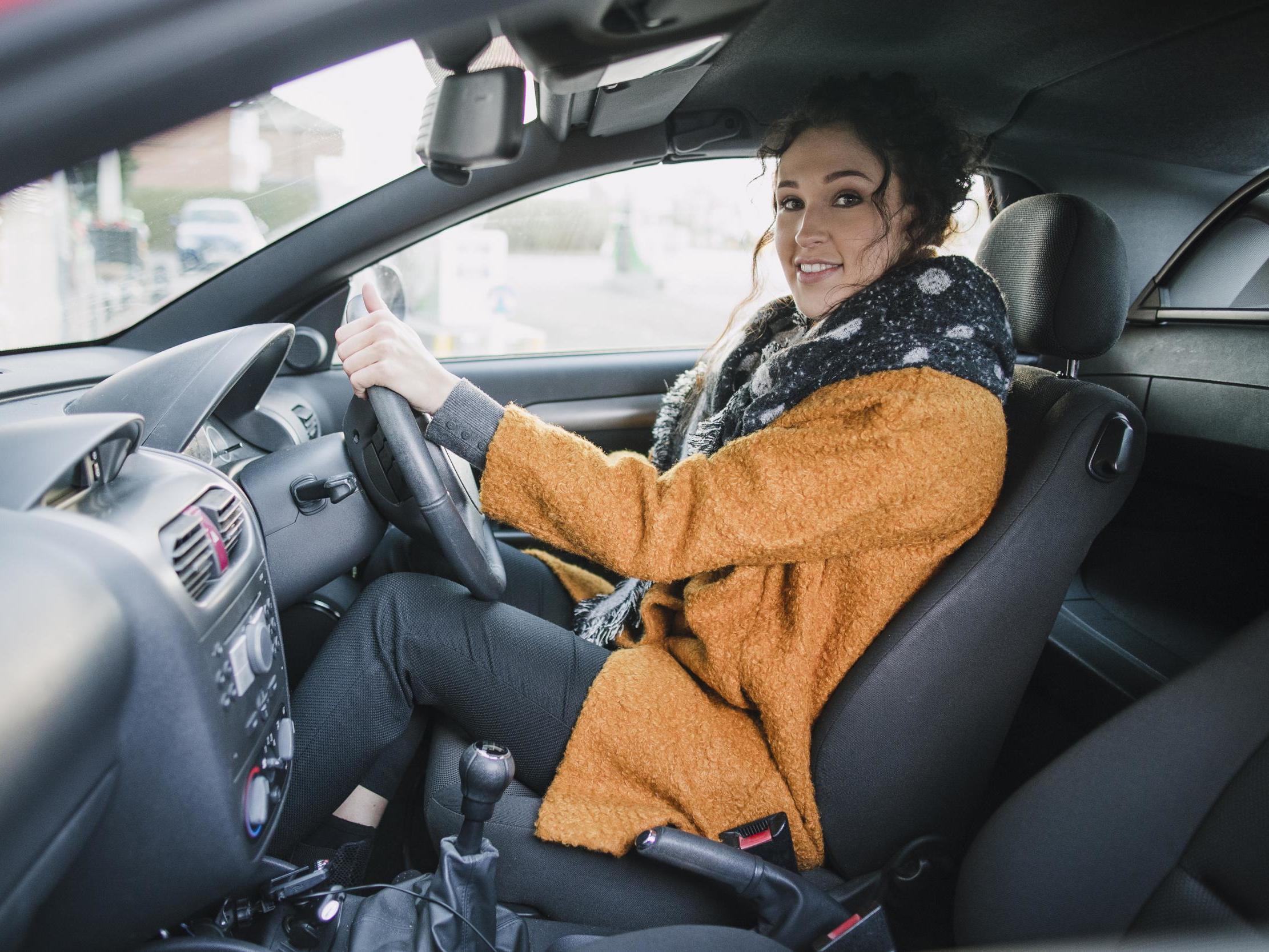Driving theory test to be overhauled and made ‘more accessible’ for people with disabilities
'Being able to drive can be life-changing,' says chief examiner Mark Winn

Driving theory tests in the UK are to be overhauled in a bid to make them more accessible to people with reading difficulties and other disabilities.
The Driver and Vehicle Standards Agency (DVSA) announced that video clips will replace written on-screen questions in all theory tests from 14 April this year.
So instead of reading about a scenario and then being questioned on it, learner drivers will watch a 30-second clip and then be asked related questions.
For example, a scenario could show a car being driven in a busy town centre with questions on safe overtaking practice.
The change follows research that found learners with certain disabilities felt more comfortable with this type of question.
Existing support for learners with reading difficulties, disabilities or health conditions includes extra time to take the test and having someone to read and re-word questions for them if required.
DVSA chief driving examiner Mark Winn said: “Being able to drive can be life-changing and the DVSA is committed to helping everyone access the opportunities driving can offer.
“We have worked closely with road safety experts and learners to create a theory test which fully tests a candidate’s knowledge of the rules of the road and is more accessible.”
The Department for Transport - which oversees driving license applications - launched its inclusive transport strategy in July 2018 alongside the National Autistic Society, the British Dyslexia Association and the British Deaf Association.
John Rogers, of Disability Driving Instructors, said: “A picture paints a thousand words, especially for candidates with special educational needs.
“Having to go back and forth between the text in the written scenario and the written questions and answers was a big obstacle to understanding what was required.
“Video scenarios should prove much easier to follow and the questions will hopefully appear more relevant.”
Some 17 million theory tests have been conducted in the UK over the past 10 years. The exam involves 50 multiple-choice questions and a hazard perception test.
Both sections must be passed before a learner can book a practical test.
A series of changes to the practical test in Britain came into force in December 2017; they included following instructions from a satnav, a period of independent driving doubled to 20 minutes, and a refreshed selection of manoeuvres.
Join our commenting forum
Join thought-provoking conversations, follow other Independent readers and see their replies
Comments